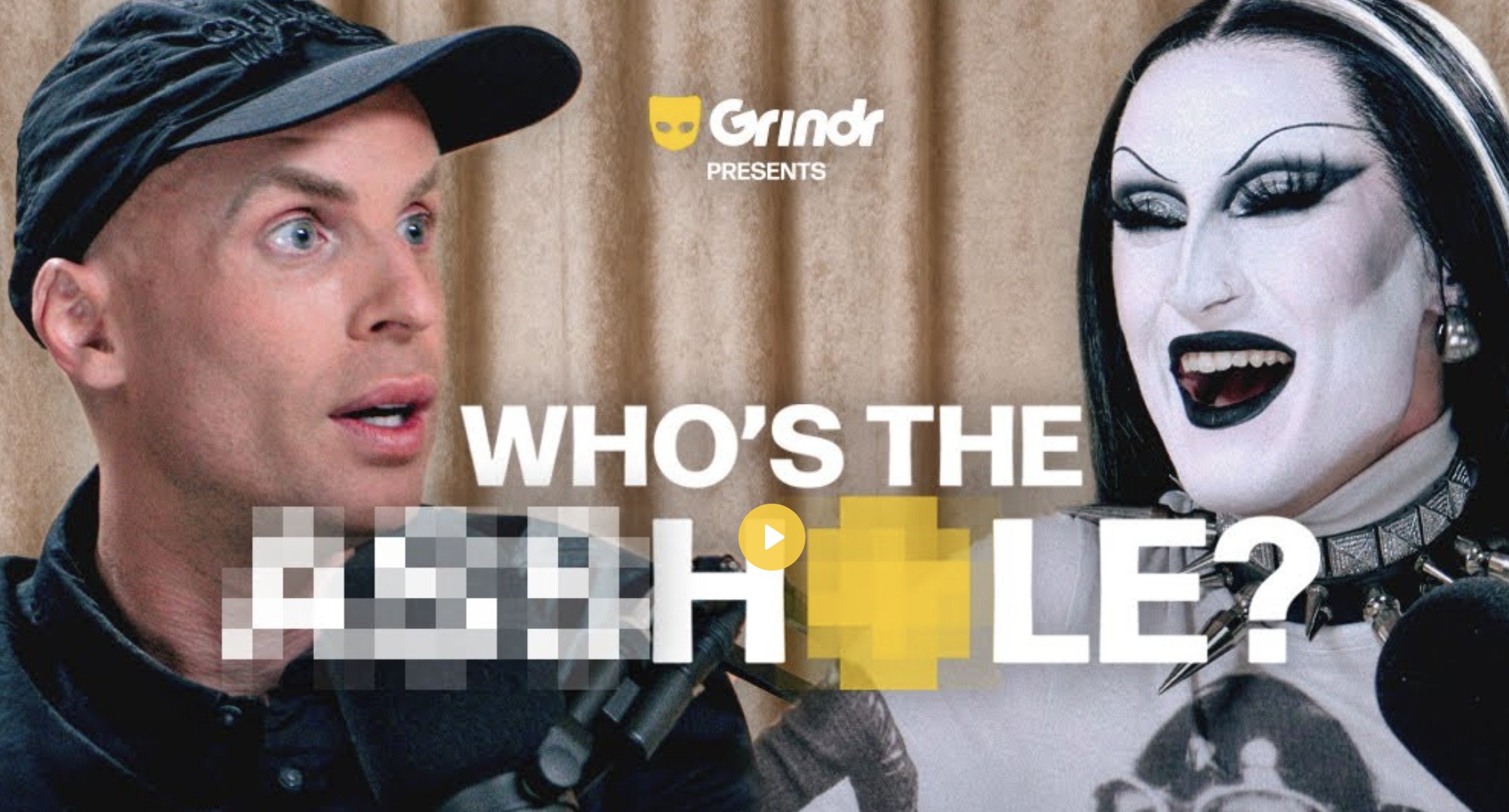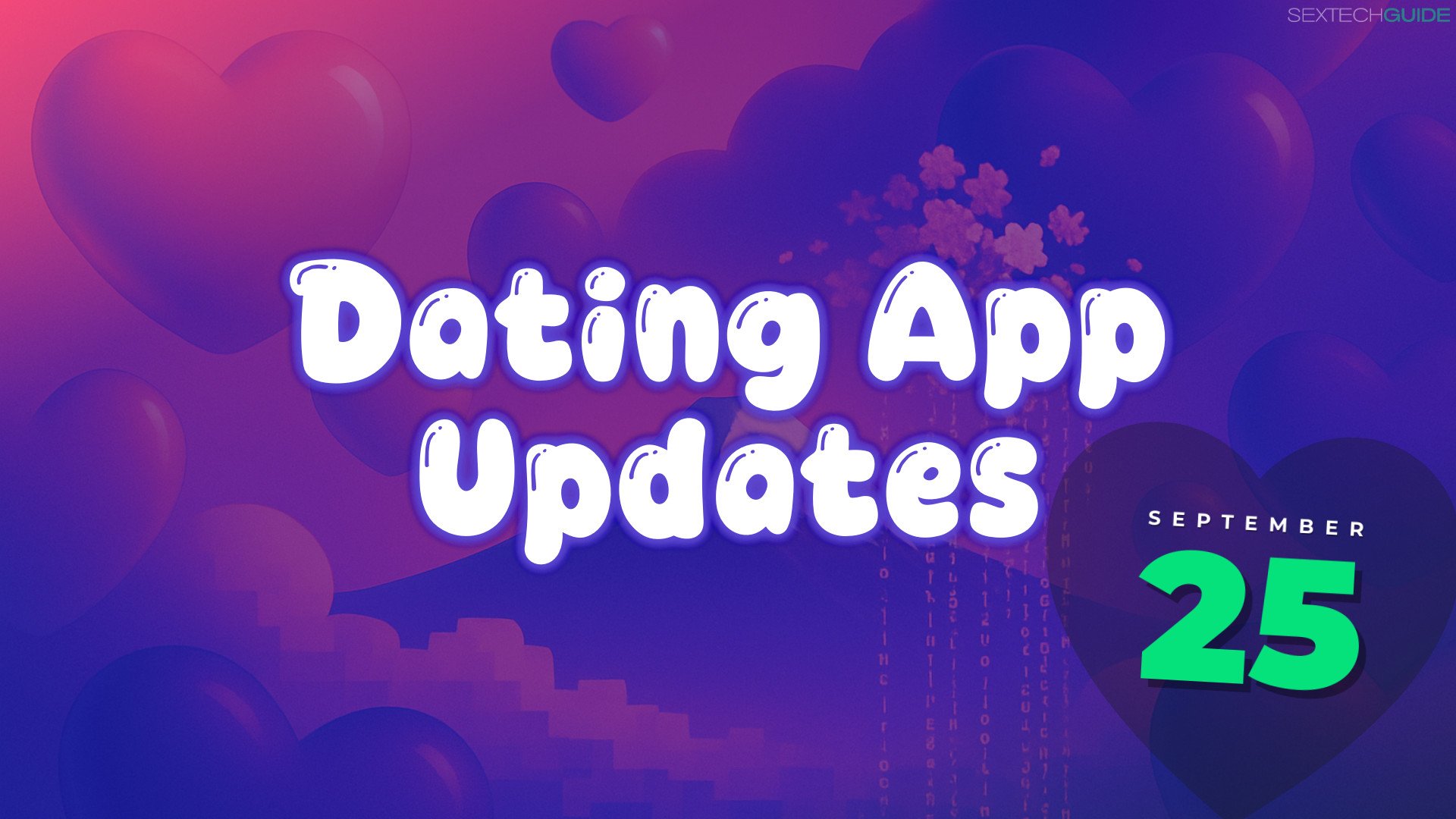AI is all over the dating app space, from zinger message suggestions to algorithm matching, so perhaps it’s not entirely surprising to learn that Bumble is planning to release a new, separate dating app that’s been developed with a large language model (LLM). In Japan, meanwhile, you can use a dating app and form a relationship with an entirely generative AI person, which may or may not sound like progress.
All this and more in our latest dating app news roundup.
Bumble launching new LLM app
Bumble is working on a new dating app that will be separate from the existing Bumble app, and will be built on an AI large language model (LLM).
Whitney Wolfe Herd, CEO of Bumble, told the Wall Street Journal that psychologists and relationship counselors had been consulted as the company programs matchmaking AI for the new app.
Details of the release are scant, but Bumble is reportedly set to release a beta version of the app to select users later in 2025. The company is considering potential monetization strategies, such as users having to pay for each match.
Scams and shutdowns in Australia
Match Group, which runs Hinge, Tinder, Plenty of Fish and Match.com, banned or suspended 660,000 user accounts in Australia between 1 July 2024 to 30 July 2025.
Scam and spam accounts accounted for 610,000 of the account shutdowns across the five dating platforms, with Match Group head of trust and safety Yoel Roth saying, “There’s an increasing presence of sophisticated bad actors”.
Abuse and harassment accounted for almost 11,000 of the account shutdowns, and 11,500 were due to allegations of “off-platform misconduct”. 2,126 accounts were banned or suspended for allegations of violence and hate.
The statistics hint at the scale of the dating app and site scam problem, with accounts with fake photos and reports of scams such as catfishing still common on many platforms. They came to light in Match Group’s new transparency report, which was released following the company signing up to Australia’s voluntary dating app safety code, which came into effect in October 2024.
The data comes from the company’s first transparency report since the voluntary dating app safety code came into force in October 2024.
In Japan AI app matches can reject you
Many dating apps use AI for message assistance and matching, but the latest entrant to Japan’s dating app arena has gone a bit further.
On Loverse human users are paired with AI generated characters, who they can then message and foster relationships with. Rather than striving to be perfect AI romantic partners, as many characters on other AI companion apps do, Loverse AI characters can sulk or reject you, with the app striving for realism.

Another blow for real human relationships, and a step in AI’s march towards dominating every aspect of our lives? Goki Kusunoki, founder and CEO of Samansa, the company behind Loverse, says the app fulfills a need, and that unlike most in this area, it doesn’t contain any sexual content, its website says.
“Of course, human-to-human romance is ideal,” he said. “But for those who, for reasons of age, circumstance or emotional difficulty, cannot find it, Loverse offers an alternative.”
Grindr attempts to be an in-app space’
In August 2025, Grindr launched Grindr Presents: an in-app hub for Grindr-produced content such as podcasts and videos. The idea was to present marketing material directly to users rather than have them leave the app through a link to engage with it, and marked Grindr attempting to turn itself into a ‘space’ rather than a utility.
Now Tristan Piñeiro, Senior Vice President of brand marketing and communications at Grindr, has revealed that in the first half of 2025 Grindr’s content pulled in over 36 million views, suggesting that its marketing efforts were paying off in the run-up to the launch.

Piñeiro told Little Black Book that allowing racy and edgy content to exist in the app, that other companies might shy away from through fear of spooking advertisers, had helped it connect with users.
“We’re giving a platform to voices that often get overlooked,” Piñeiro said. “Grindr Presents is a place where up-and-coming queer artists can be featured when traditional platforms won’t take the risk, and where content that mainstream channels are ‘nervous’ about actually gets seen.”
Indeed, it’s difficult to think of another mainstream dating app that would launch a podcast called Who’s The Asshole?.
Official (kind of): Psychopaths get more sex on dating apps
A research study has found that people who have higher scores for narcissism and psychopathy traits, plus traits associated with ‘unrestricted sexual desires’, are more likely to report finding sexual partners through dating apps.
Researchers at the Behavioral and Social Sciences Institute in Linz hypothesised that people with traits associated with ‘fast life’ strategies, that is living life looking for short-term gains, taking risks and often having lots of sex, would have more ‘success’ on the apps. Their study is called Dating App Users: Interpersonal Styles and Self-Reported Mating Success.
The notion that psychopaths and self-obsessed people do more random shagging via dating apps might not sound like a particularly surprising revelation. It was, however, an empirical reminder that we are all no more than animals.
Lennart Freyth, the founder and research director of the Linz institute, said that the findings led him to compare dating apps with biological leks in the animal kingdom: areas where males gather to take part in courtship displays for non-committal sex.
Freyth told PsyPost that dating apps performed this lek function for humans, by being “a short-term mating environment favoring opportunistic mating behavior”.
Maybe don’t tell the marketing guys at Bumble, who have recently launched a high-end campaign to highlight all the lovely, very un-lek-like long-term relationships that have formed via their app.






Leave a Reply